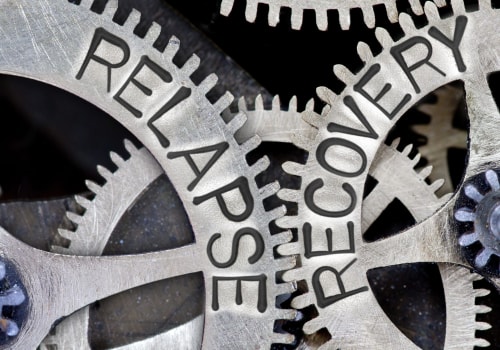Detoxification, or detoxification, is the phase in which the body physically withdraws from drugs. It's good to go through this process during hospital treatment. It's good to undergo this process at an inpatient treatment center or in an outpatient program so that a health professional can monitor you. Many residential or inpatient addiction treatment centers offer alumni programs for people who have successfully completed treatment and may continue to face sobriety problems.
There may be support groups for members of the LGBTQ community, as the groups may be for members of specific ethnic groups. You can discuss your need to continue treatment with your rehabilitation team, who can help you find an outpatient program or a private therapist as part of your aftercare regimen. For people in recovery, life after rehabilitation should be a period of continuous progress toward lasting sobriety. In the absence of a confirmed psychiatric diagnosis, it is not advisable for primary care physicians and other doctors involved in substance abuse treatment programs to prescribe medications for insomnia, anxiety, or depression (especially benzodiazepines with a high potential for abuse) to patients with alcohol or other drug disorders.
Minnesota, for example, is well known for its variety of public and private centers for people with alcoholism, which mostly follow the model of fixed-term inpatient rehabilitation programs initially established by the Hazelden Foundation and the Johnson Institute, which follow strong guidance from Alcoholics Anonymous (AA) and have different intensities of aftercare services. For example, people with heroin, cocaine, or methamphetamine dependence disorders who inject these drugs will need many specialized education, identification, counseling, and health care services for HIV infection and AIDS that programs for people with alcohol dependence are unlikely to need. Most programs recommend that a person be actively involved in follow-up or aftercare for at least 1 year, and adolescents may need follow-up care for longer periods. Residential treatment in a residential facility with 24-hour supervision is best for patients with overwhelming substance use problems who lack sufficient motivation or social support to maintain abstinence on their own, but who do not meet the clinical criteria for hospitalization.



